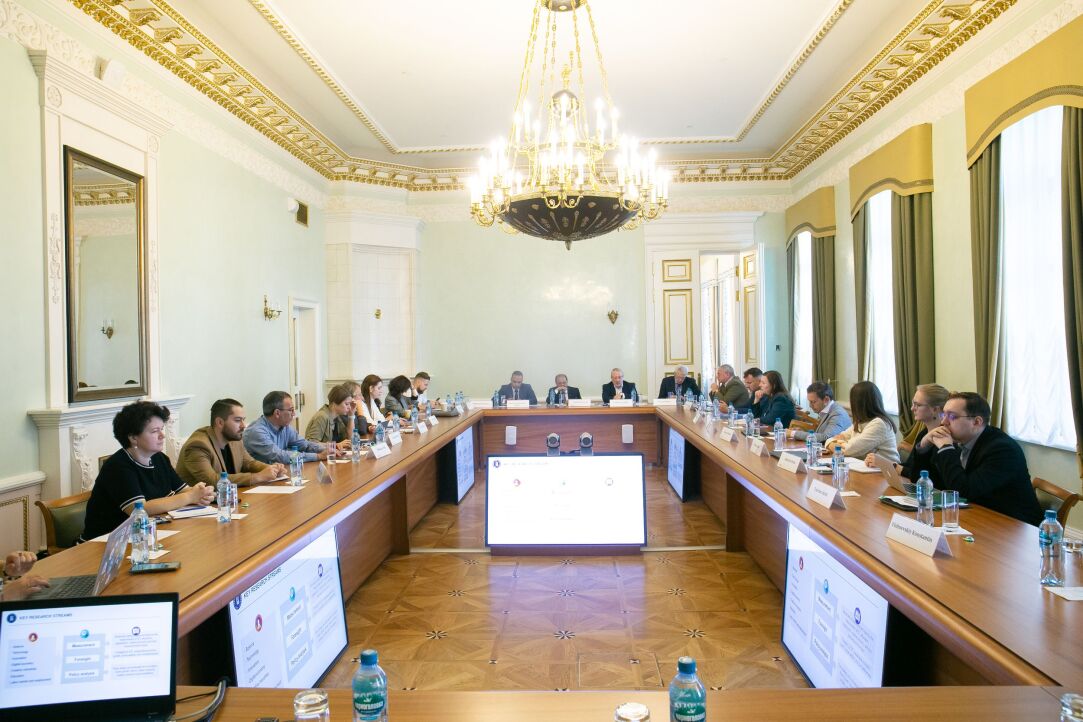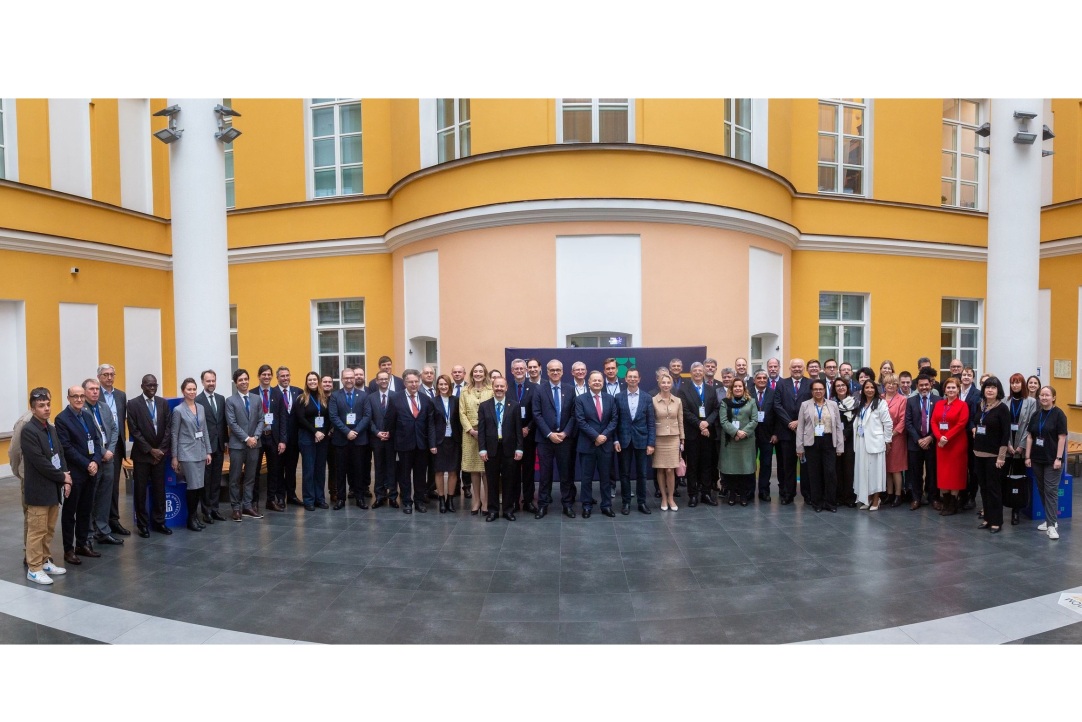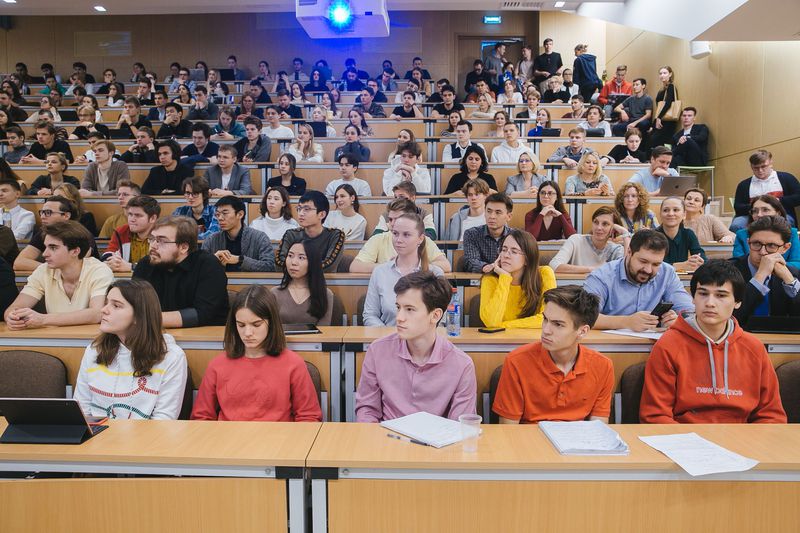
‘Geographical Distance No Longer a Problem’: ISSEK Fosters Cooperation with Think Tanks in BRICS Countries
In September, the HSE Institute for Statistical Studies and Economics of Knowledge hosted an international working meeting with representatives from Brazilian, Egyptian, and Indian think tanks. The participants discussed opportunities for cooperation, including joint surveys, comparative studies, databases, and publications on foresight, technology, and innovation. It was also decided to draft a multilateral agreement to establish the BRICS Foresight Association.

HSE University to Expand Cooperation with Brazilian Universities
On October 14, 2024, International Partnership Day Russia–Brazil took place at HSE University. The event was organised in collaboration with the Brazilian Embassy in Moscow and marked the first Brazilian academic and scientific mission to Russia, leading to the signing of cooperation agreements between HSE University and four Brazilian universities.

‘It Is Essential to Leave Home and Plunge into Deep Water’
The HSE University’s master’s programme in Science, Technology and Innovation Management and Policy is launching a double degree programme with the State University of Campinas (Unicamp), Brazil. Below, Dirk Meissner from HSE University, together with Bruno Fischer and Gustavo Salati from Unicamp, talk about the importance of academic knowledge for non-academic professions, the selection prerequisites for the programme, and the advantages of this type of cooperation for leading national universities.

Artificial Intelligence as a Driver of Digital Transformation
In December, the HSE Institute for Statistical Studies and Economics of Knowledge and the HSE AI Research Centre participated in UNCTAD eWeek to discuss the future of the emerging digital economy. One of the topics discussed during the conference was artificial intelligence and its applications in driving the digital transformation of industry sectors. The session was co-organised by HSE University.

What Makes Cities Attractive to Innovators?
How do we evaluate the contribution of innovations to urban development? Why do cities need innovation? How do cities attract top talents? These and many other questions were addressed by the participants of the international online discussion ‘Increasing the Innovation Attractiveness of Global Cities: Best Practices’ organised by the HSE Institute for Statistical Studies and Economics of Knowledge (HSE ISSEK) on March 1, 2023. The event also featured the presentation of new outcomes of a global study on urban innovation carried out since 2020.
HSE Institute for Statistical Studies and Economics of Knowledge is featured in Asian Research Policy journal
The Asian Research Policy journal presented information about the HSE Institute for Statistical Studies and Economics of Knowledge and the main activities of the HSE ISSEK.

‘An STI-Accelerated and Informed Future is Possible’
The Twelfth International Academic Conference ‘Foresight and Science, Technology and Innovation Policy’ is kicking off at HSE University on November 22. Alexander Sokolov, chair of the organising committee, talked to the HSE News Service about the evolution of the foresight agenda. Two of the conference speakers, Ibon Zugasti from Spain and Mlungisi Cele from South Africa, shared some highlights of their research.

Sustainability, Quality Innovation Culture, and Transition Economies Research at HSE University
Professor Dirk Meissner is Distinguished Professor, the Head of HSE ISSEK’s Laboratory for Economics of Innovation and the Academic Supervisor of the Master’s Programme in Governance of Science, Technology and Innovation. In this interview, he talks about the laboratory’s staff, upcoming research and conferences, and how the culture at ISSEK inspires creativity.

HSE ISSEK’s Newly Accredited Master’s in Management: ‘It’s Challenging, but It Pays Off in the End’
In December 2021, the HSE ISSEK English-language Master’s programme in Governance of Science, Technology and Innovation became one of three HSE University management programmes to receive European accreditation by the European Foundation for Management Development. We spoke to Dirk Meissner, the academic supervisor of the programme, about the significance of European accreditation, the programme’s unique opportunities for students, and student engagement in research.
